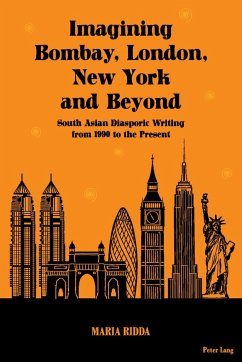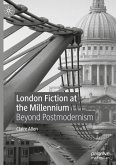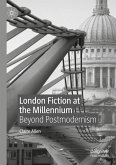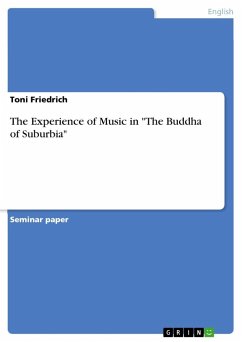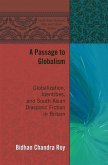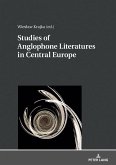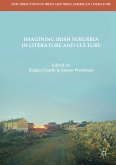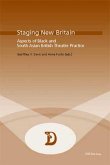This book examines new literary imaginings of the interconnected city spaces of Bombay, London and New York in South Asian diasporic texts from the 1990s to the present. It charts the transition from London-centric studies on postcolonial city spaces to the new axis of Bombay, London and New York.
The book argues that two key dynamics have developed from this shift: on the one hand, London, once the destination of choice for migrants, becomes a «transit zone» for onward movement to New York; on the other, different cities are perceived to coexist and come together in one single location. To investigate these new webs of interactions and power relations, this monograph employs Bakhtin's model of the chronotope. Serving as a magnifying lens, the chronotope inserts different spatial and temporal segments within wider narratives of urban space. This book promotes a new understanding of the cities of the South Asian diaspora as subversive sites for defining processes of cultural signification.
The book argues that two key dynamics have developed from this shift: on the one hand, London, once the destination of choice for migrants, becomes a «transit zone» for onward movement to New York; on the other, different cities are perceived to coexist and come together in one single location. To investigate these new webs of interactions and power relations, this monograph employs Bakhtin's model of the chronotope. Serving as a magnifying lens, the chronotope inserts different spatial and temporal segments within wider narratives of urban space. This book promotes a new understanding of the cities of the South Asian diaspora as subversive sites for defining processes of cultural signification.

